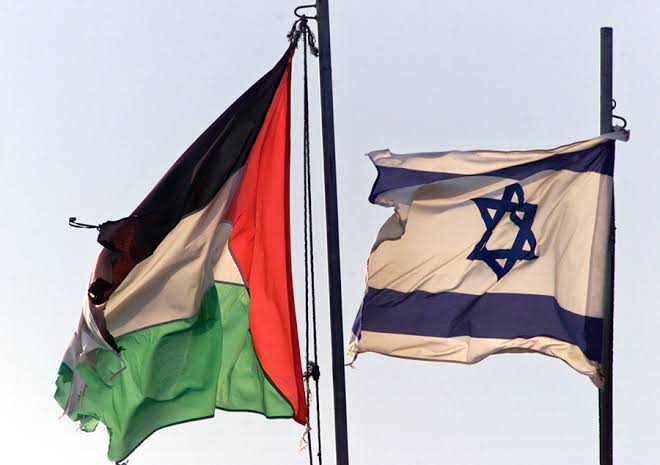The Israel-Palestinian conflict is a complex and multifaceted issue with deep historical, political, and socio-cultural roots. It is important to recognize that any analysis is a simplification of a highly nuanced and sensitive situation. However, I can provide you with a broad understanding of the causes and potential paths forward.
The root causes of the Israel-Palestinian conflict can be traced back to the early 20th century, with competing nationalist aspirations and territorial claims over the land known as Palestine. Over time, the conflict has been fueled by a variety of factors, including religious tensions, competing narratives and historical claims, the dispossession and displacement of Palestinians during the creation of the state of Israel, and the ongoing Israeli occupation of Palestinian territories.
One of the main sticking points in the conflict is the issue of land and borders. Israel asserts its right to security and self-determination, while Palestinians seek an independent state with East Jerusalem as its capital and a resolution to the issue of Palestinian refugees. Other contentious issues include the status of Jerusalem, the Israeli settlements in the West Bank, and the control of resources like water and natural gas.
The way forward requires a comprehensive and sustained effort from all parties involved. Dialogue and negotiation are crucial to reach a fair and lasting solution. The international community, including regional actors and global organizations, must play a supportive role in facilitating these talks.
Potential paths forward often involve a two-state solution, where Israel and Palestine coexist side by side as independent and sovereign states. This necessitates resolving the aforementioned issues of borders, Jerusalem, settlements, and refugees through mutually agreed-upon compromises. Confidence-building measures, such as the cessation of violence and settlement activities, can help create an atmosphere conducive to productive negotiations.
In addition to political solutions, addressing the underlying socio-economic disparities and ensuring equal rights and opportunities for both Israelis and Palestinians are essential for long-term stability. Investments in education, infrastructure development, and economic cooperation can help foster trust and shared prosperity.
It is important to acknowledge the complexity and sensitivity of the Israel-Palestinian conflict. The way forward requires empathy, respect for human rights, and a commitment to finding a just and sustainable resolution that addresses the legitimate aspirations of both Israelis and Palestinians.



